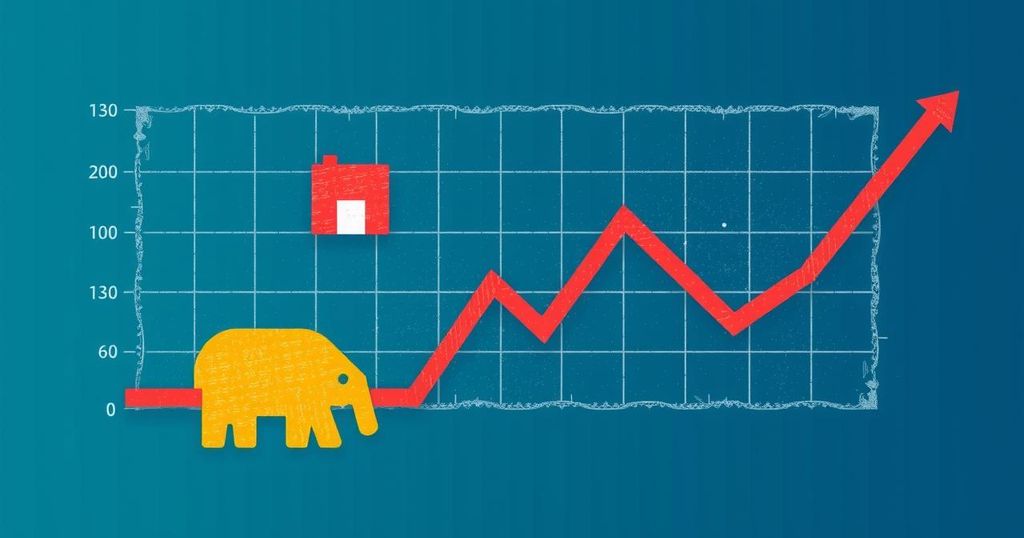Reflections on the Premature Nature of the Upcoming Election

David Brooks critiques the timing of the upcoming election, reflecting on how despite significant party investments, the race remains unchanged and indicative of a deeply divided nation. He compares current political leaders to surfers navigating societal waves, highlighting historical parallels of the turmoil and challenges in leveraging societal change.
In his recent opinion piece, David Brooks reflects on the current state of the electoral process, expressing disappointment regarding the premature nature of the upcoming election. He initially anticipated that this election cycle would symbolize a moment of national renewal and a definitive confrontation against MAGA populism. However, Brooks observes that regardless of the outcome, the nation remains deeply divided, and the election will likely be a tight race marked by contention. Brooks acknowledges that the massive investments made by both political parties and their committees have not changed the dynamics of the race; polling figures remain stagnant from the outset. He likens politicians to surfers, suggesting that they do not chart a course towards the future but instead ride the waves created by broader societal forces. To illustrate this point, he draws parallels with America during the period from 1880 to 1910, a time characterized by significant upheaval due to industrialization and rampant political corruption. During that era, the nation grappled with how to effectively channel the advancements of industrialization to cultivate a humane society. Brooks concludes that the political landscape today mirrors those challenges, indicating that substantial transformations may be constrained by underlying sociocultural currents.
The article addresses the current political climate in the United States as the nation approaches a significant election. David Brooks, in his role as an opinion columnist, critiques the timing and relevance of the upcoming electoral process, delving into historical parallels that highlight societal divisions and the nature of political response to cultural trends. By referencing historical turmoil, he underscores the recurring challenges faced in harnessing societal change amidst profound division.
David Brooks articulately captures the complexities of the forthcoming election, suggesting that premature electoral cycles hinder the potential for meaningful societal change. He emphasizes the persistent divisions within the nation and the limitations faced by politicians in steering the course of history, urging readers to recognize the deep-seated sociocultural realities that shape political outcomes.
Original Source: www.nytimes.com








